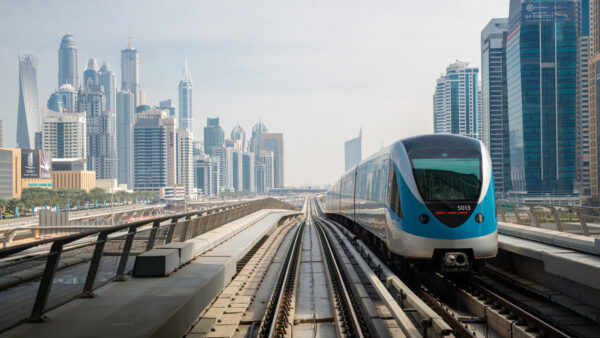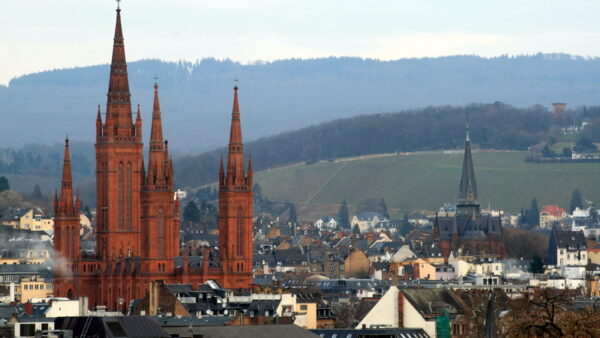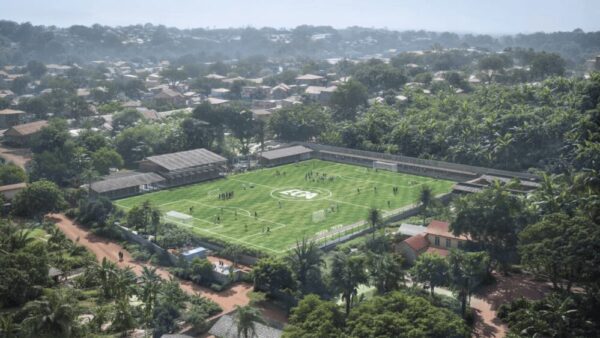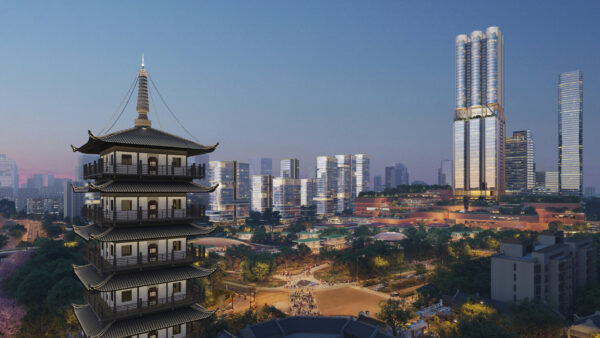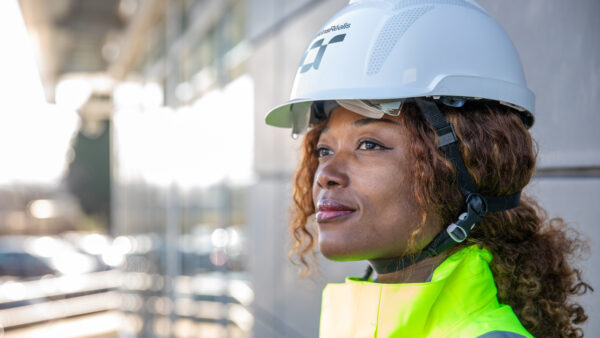A futuristic automated collection system that sucks food waste and garbage through miles of underground pipes has been chosen for a new 100-acre residential development in Seoul, South Korea.
The system, chosen for the site in Gangnam-Gu, Seoul’s third largest district, will span 399,741 sq m on completion and include a subterranean pipe network over 15 miles long.
People inhabiting 6,642 residential units and 144 retail units will have three tonnes of general waste and more than six tonnes of food waste sucked away each day.
Installation of the system, which is valued at almost £23m, is expected to begin during the first half of 2019 and become operational at the beginning of 2022, said system provider, the Swedish firm Envac.
Designed in to the development by architects Hyundai Construction & Hyundai Development Company, the system will cover general waste and food waste, which will be collected by over 3,000 inlets throughout the site, inside the buildings and outside.
Each inlet will be equipped with an RFID access card reader letting authorised individuals use the system. Each inlet will also weigh the waste deposited by the households.
The inlets will feed into the underground pipe network and transport waste from each inlet to two dedicated waste collection stations on the outskirts of the development at speeds of up to 70km/h.
YJ Kim, Chairman of the Reconstruction Association, said the system will “keep the area clean and free from overflowing waste” and “create world-class living standards”.
Envac invented the system in 1961 and launched a Korean office in 1994. It is also in use at Sejong City, South Korea’s new administrative capital, where it manages the waste of over 1.2 million people.
Image: Artist’s conception of the new district in Gangnam, Seoul which ill use the Envac waste system (Courtesy of Envac)


